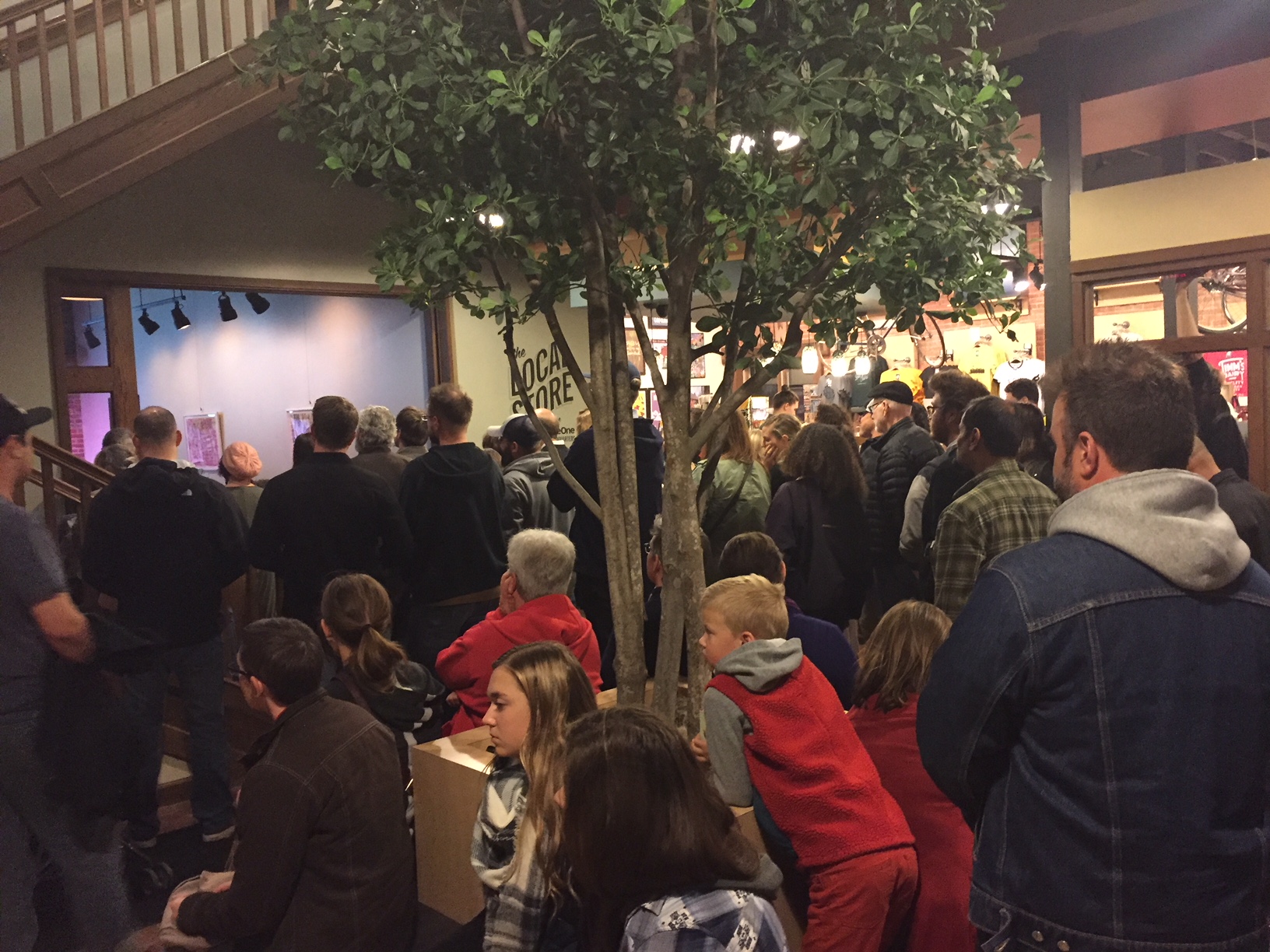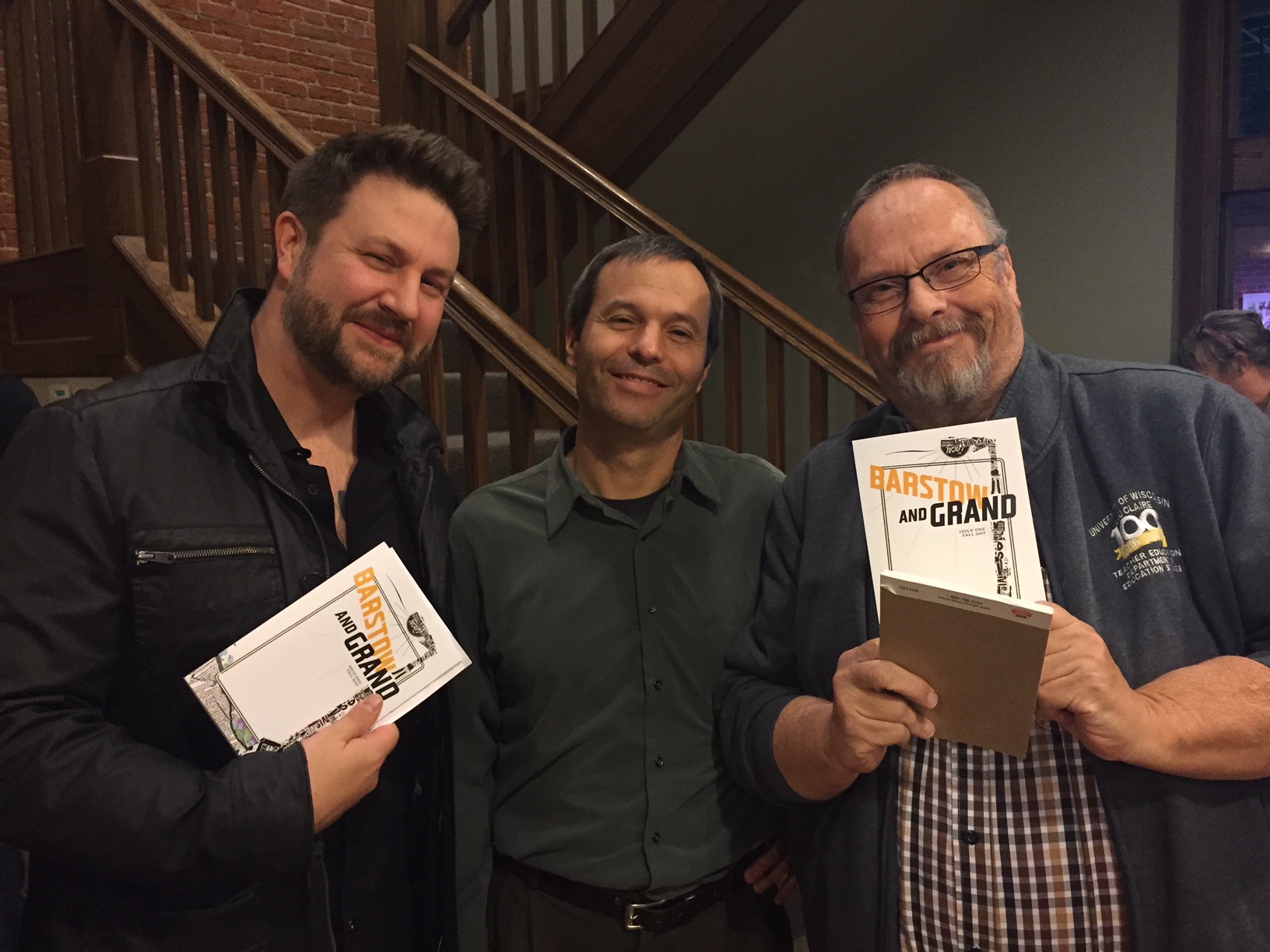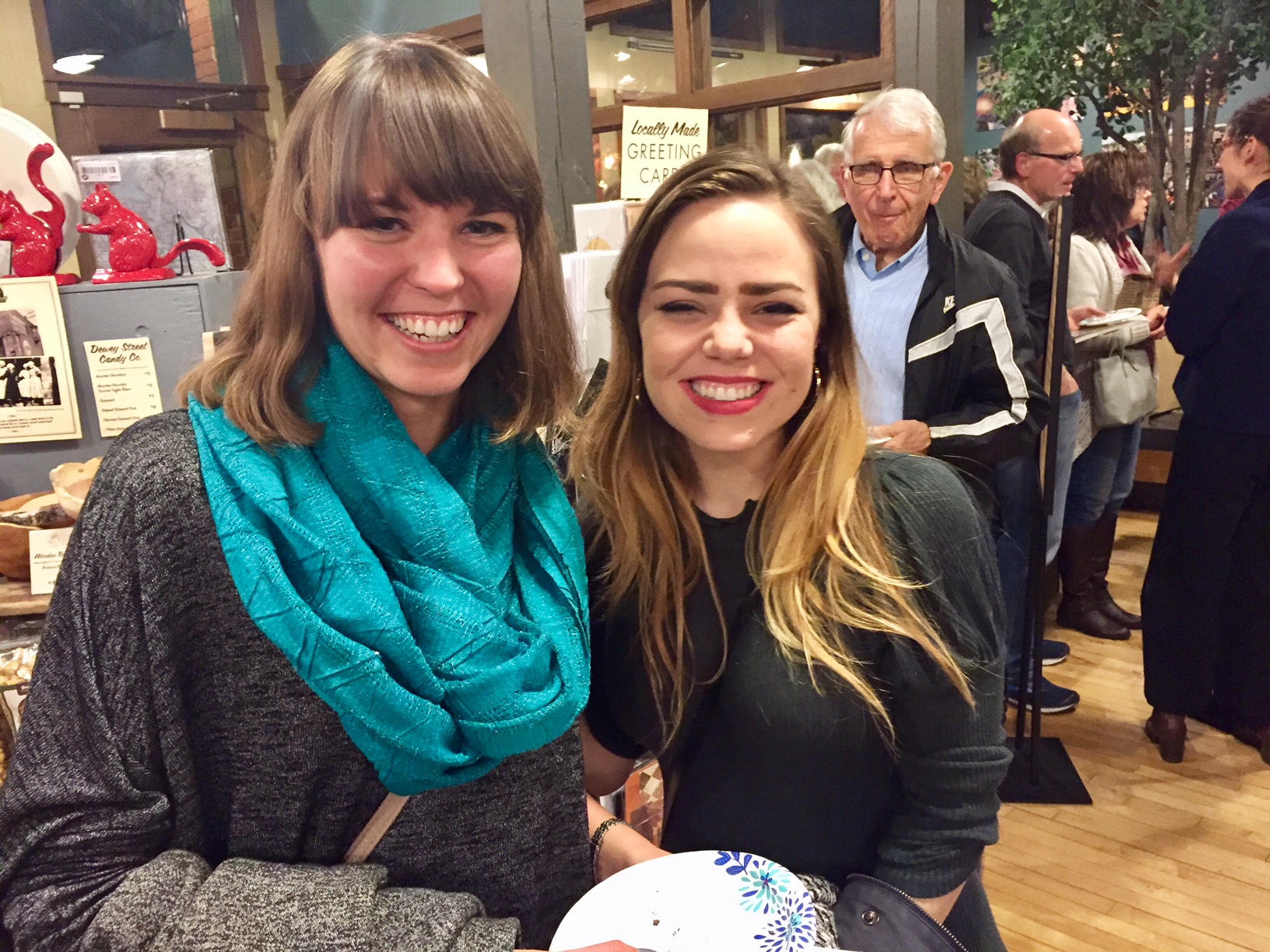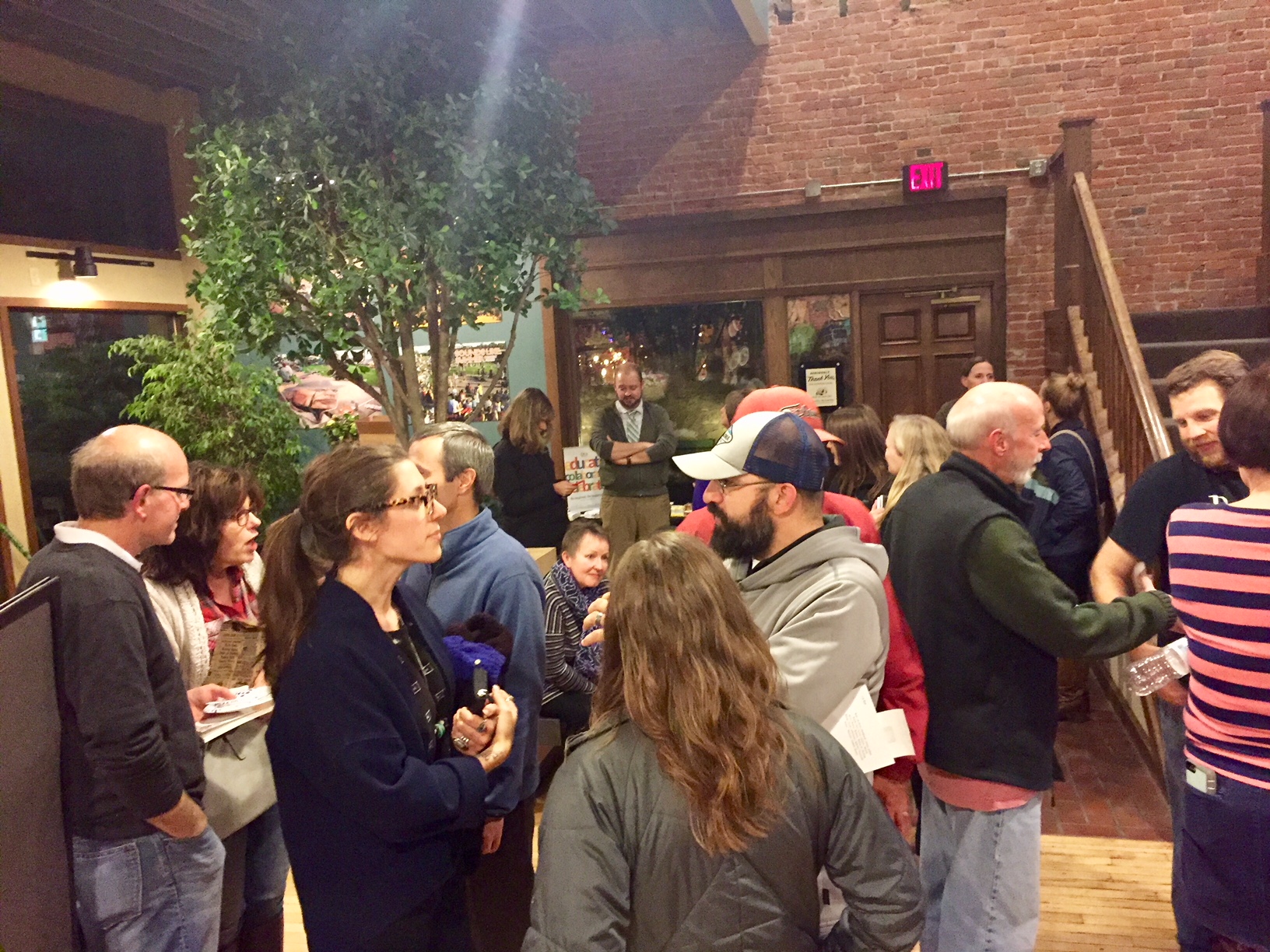credit: Reto Sterchi
By Alex Zitzner
After the release of her fourth album Someone Who Gets Me, Sarah Lou Richards is touring throughout the U.S. playing shows. She will return to her collegiate alma mater’s town and perform at The Lakely on Friday, November 3rd from 7-11PM. With her goal of crafting lyrics which aim to be convincing rather than empty, we exchanged a few questions via email to get a better idea of what goes into being a singer and songwriter.
Guild: Are there any writers who have helped you understand how you want to write lyrics?
Sarah Lou Richards: Definitely! I wrote my song “The Fisherman” after reading The Lace Makers of Glenmara by Heather Barbieri. Her storytelling inspired my songwriting on that one. I also read a fair amount of poetry (Mary Oliver, Emily Dickinson, Rupi Kaur) which is always a valuable tool. Poetry, like songwriting, is often succinct. You don’t have a lot of time or space to get your point across so you have to really zero in on what you mean.
G: When writing a song, do you generally start with the music or the lyrics?
SLR: Full disclosure, I don’t really have a method to the madness. Either can come first. Occasionally I will sit down with a plan to write something specific (like when I wrote “Love Always Wins” for a friend’s wedding) and then the lyrics usually kick things off. Once I get going though, it’s usually a beautiful mess of words and melody and there is no way to tell where it started and where it’s ending. It’s a pretty cyclical process that’s done when the song is fully realized!
G: How have your lyrics grown with each album? Have you noticed any shifts with theme or voice?
SLR: This is tough! I was late to the game; I didn’t start writing until I was 25. I still perform the first song I ever wrote. With each album I get better at saying just what I mean. I also feel like I put my writing through more filters as I create now. I’ll ask myself if there is a better way to describe the feeling I’m singing about or a way to paint a clearer picture of an experience. I did a writing workshop with David Wilcox & Beth Nielsen Chapman in 2015 and it’s been invaluable to my writing. They are masters of the craft!
G: Labels thought some of your songs were “too personal”, but isn't that the point of an artist? To be personal and connect with the audience through honesty?
SLR: Obviously I couldn’t agree with you more! I think the fear of labels, etc. is the commercial appeal of songs. They want to know what will make them money. So I think the more specific a song is, the greater the possibility that the audience could be narrowed. From a business standpoint, I understand that, although it’s frustrating, but the great thing is that they can’t stop me (or anyone) from singing their hearts out about things that they love. That is a wonderful thing about being an independent musician: everything goes! I will write songs that include the names of my family pets forever!
credit: Reto Sterchi
G: Could you briefly mention some of the ideas or stories touched on in your album?
SLR: This album feels like a story of my life! It covers my love of my niece & nephew and my husband, my belief in equal love for all (“Love Always Wins” was a commissioned piece by a college friend for his husband on their wedding day) working through the grief of losing a loved one, being in the right place and feeling nothing but honest happiness, looking in the mirror and being proud. I feel lucky to have written these songs and to have brought them to life with my producer, Adrian Suarez.
G: How has the Midwest influenced your outlook on music while living in Nashville? Your Volume One article mentions your sound being Folk Americana. Could you explain that a little more?
SLR: There is an annual music conference called Folk Alliance where musicians & industry folks from around the globe come together for a long weekend of song sharing and networking. I help host a room at this event called “The Wisconsin Room.” We feature Wisconsin roots artists as well as the Wisconsin community that supports them. I’ve met and been influenced by so many Midwest artists. It is my favorite area to tour because the love of the arts is so rich and the audiences so receptive. Folk Americana is a pretty wide net to cast as a genre. I feel like it allows me as a singer/songwriter to create whatever I want and it will somehow fit. For me it kind of means, “no rules.” I can write about what I want and put any instruments with it and it will probably work and be pleasing to ears. I’m also not pigeon holed into a certain sound or topic as an artist. I feel like every time I create I’m starting with a blank slate and the sky is the limit. I love that.
G: What advice do you have for aspiring artists?
SLR: Advice? Anyone can do what I do. The key is showing up and not getting discouraged. It’s a hard and blurry road. So many days I think, “It would have been easier if I had liked teaching and stayed doing that.” If I don’t do the work, no one will do it for me and honestly, no one will really notice! I’ve been in Nashville for over 10 years and I’ve been touring almost 7 years and it’s a slow go. There is no straight path. Just because I put the work in doesn’t guarantee the outcome that I’m hoping for. At any moment, something wonderful or terrible could be waiting for me. Maybe my touring vehicle will break down or maybe a TV show will want to use one of my tunes. There is literally no way to know. And that’s not for everyone. But you can do it, there is room for everyone to succeed.
To buy tickets for her upcoming Eau Claire show, click here! You can buy and stream her music via Itunes/Apple Music, Spotify, and Amazon. To stay up to date with Sarah Lou, like her Facebook page and check out her website.







































